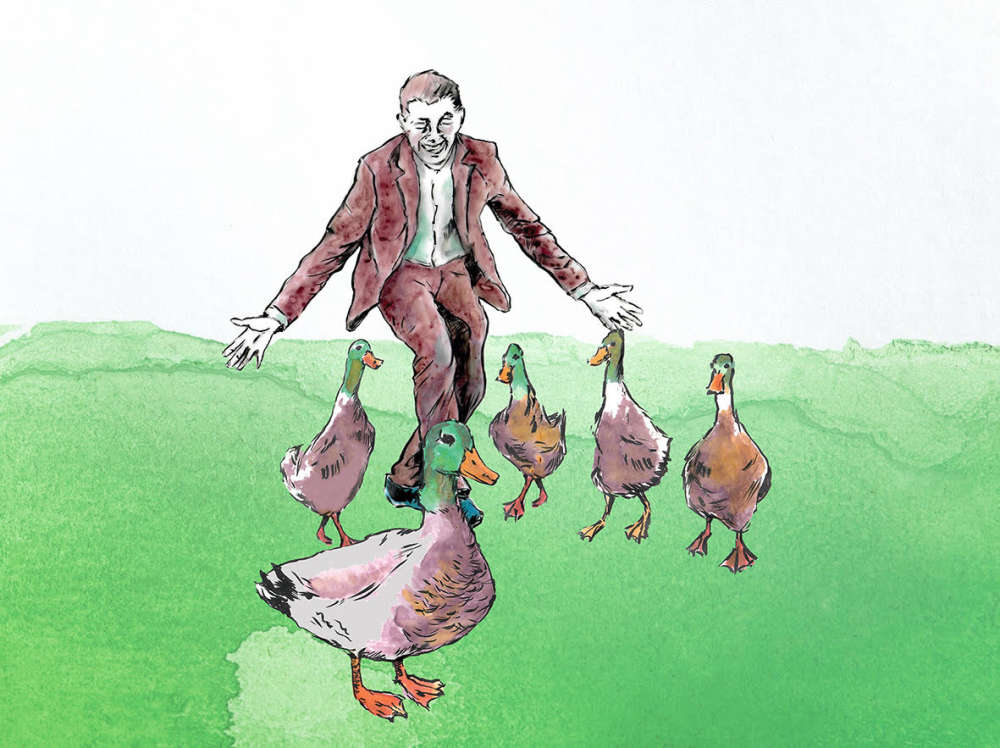
Kevin Newman is a Sussex-born author, historian, tour guide and history teacher. He has written extensively about Sussex history and here, he shares with us an insight into how some local folk made their living in days gone by
After a decade of writing books on Sussex, I’ve been asked by one of my publishers to turn my attention to the livelihoods of people in Brighton and Hove in a book titled ‘Brighton At Work’. This is wonderful except that it means of course, I have to put aside all the other fascinating occupations I’ve encountered from the county’s past. So, when Sussex Living’s Editor got in touch recently and asked if I’d liked to contribute once again to these pages, it seemed there was no more aptly-titled magazine to share with you some nuggets about how both Brighton folk and the rest of the county made their living.
Let’s start then with those who make their living serving their Lord – the clergy. In this case, some very callous clergy. Preston’s St Peter’s Church has a memorial stone to Dr Francis Cheynell, a Puritan priest who was said to have hated so much the written works of a religious adversary that he threw a copy of the man’s writing into his grave in the hope that both his nemesis and the text he produced 'would rot together'. He must have been really great fun at christenings. Henry Michell Wagner, the Vicar of Brighton between 1824 and 1870, also sounds a charmer. He was described thus: 'You cannot look at him without imagining that every evil passion that haunts the human mind dwells within.' This was, however, by the solicitor of a boy whom Wagner had thrashed with his riding crop after following him into his home – merely as a result of the boy being cheeky to him. Moving from the vindictive, to the alliterative and (thankfully), to a much more positive parson, you might like to know that the first person to work towards educating poor children in neighbouring Hove back in 1840 was the wonderfully-named Reverend R Rooper.
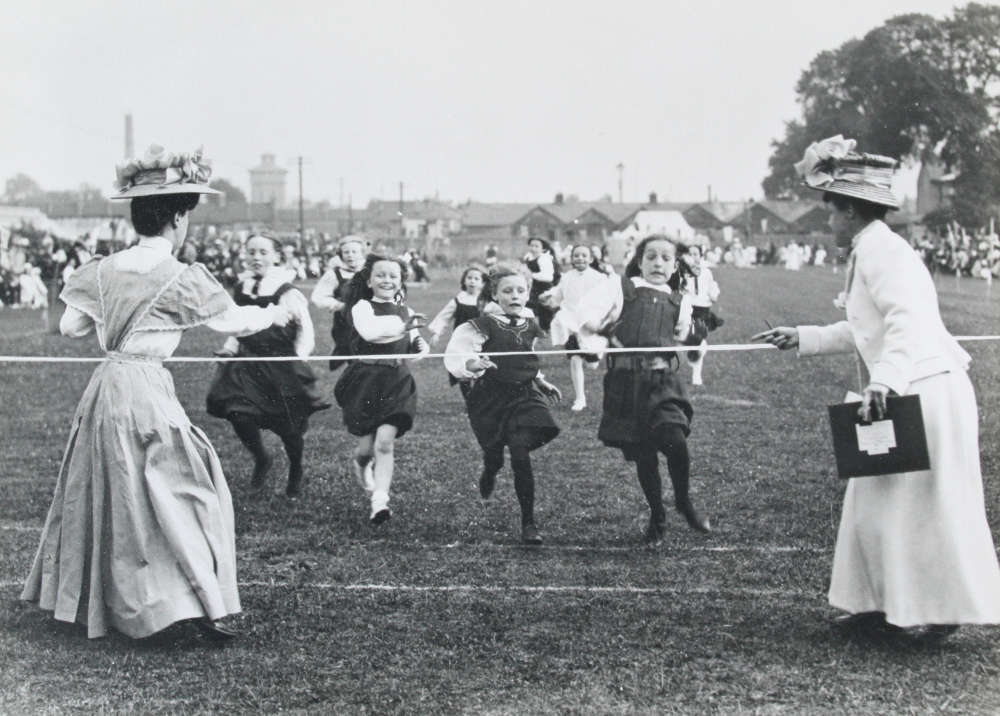
There’s been some ludicrous ways to make your living, and one of the women at the ballet school in Worthing’s Steyne back in the 1930s was also employed to open the mail for Britain’s version of the Nazis, Oswald Mosley’s British Union of Fascists. Ballet and fascism aren’t a recommended combination, nor is having a comedy name if you work in schools. By which I mean the man in charge of horses at the Worthing’s Warren School for girls, (today the site of Worthing College) who quite likely got some grief from the girls there as he was called Captain Willy. Not a name Marvel are likely to use for their next superhero movie, I’d wager. Neither is that of Coldwaltham villager, ‘Darkie’ Pollard who recounted his earliest job of apprentice ‘duck-shooer’ (he had to ‘shoo’ ducks in the right direction in other words). Another living we have lost today is that that of Thomas Harris of Watch Oak, near Battle whose occupation was listed as a ‘Bavin maker’. This appears to have meant he constructed broom heads from twigs or at least gathered twigs for some sort of fuel.
This isn’t the only job that sounds rather lonely. We also once had, in West Sussex, a single county bee-keeper. According to one Sussex school magazine, being the English teacher at one school sounded quite lonely judging by the description of him that ‘he was in a class by himself’. Finally, there are those who jobs, or at least their attitudes to them are laughable. Take Samuel Toler, the Beadle (and later parochial constable) of Worthing back in 1825. Warden Swinfen and David Arscott mention in Hidden Sussex Day By Day how he was sacked in 1845 for not only being absent from his post, but from the vicinity of Worthing altogether. Toler refused to be beaten and had the temerity to write to the local paper to complain about his treatment. He lasted in his post until 1862, despite being fired a second time in 1846.
So, if your job is as ludicrous, laughable, or lonely as these few I mention here you have my sympathy. However, may I suggest to be thankful at least that you don’t have the job of the physician employed by Norwich Cathedral in the Middle Ages. His full-time job was just to examine urine. Speaking of which, I’d have preferred Buzz Aldrin’s job as second astronaut on the moon, rather than Neil Armstrong’s job as first. The reason why? Aldrin may have missed out on the glory of first foot down, but he got the more interesting title of first man ever to urinate on the moon – even if it was in his spacesuit!
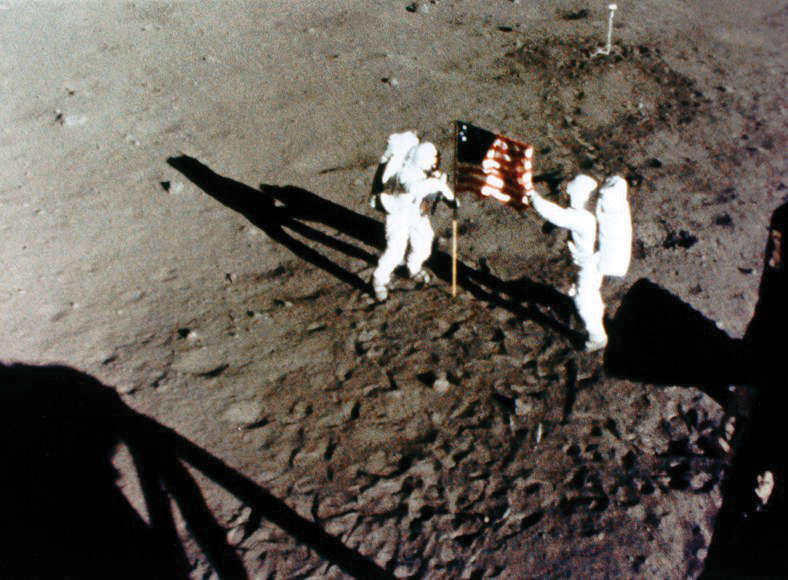
(image © NASA / APOLLO11)
Kevin’s next book, A-Z of Worthing is out in March 2024 from Amberley Publishing

 Home Style: Colourful New Life
Home Style: Colourful New Life
 Money Matters: Release Reality
Money Matters: Release Reality
 World Listening Day 2024: Learning to Listen to our Environment
World Listening Day 2024: Learning to Listen to our Environment
 Spotlight Events: What's On in July 2024
Spotlight Events: What's On in July 2024
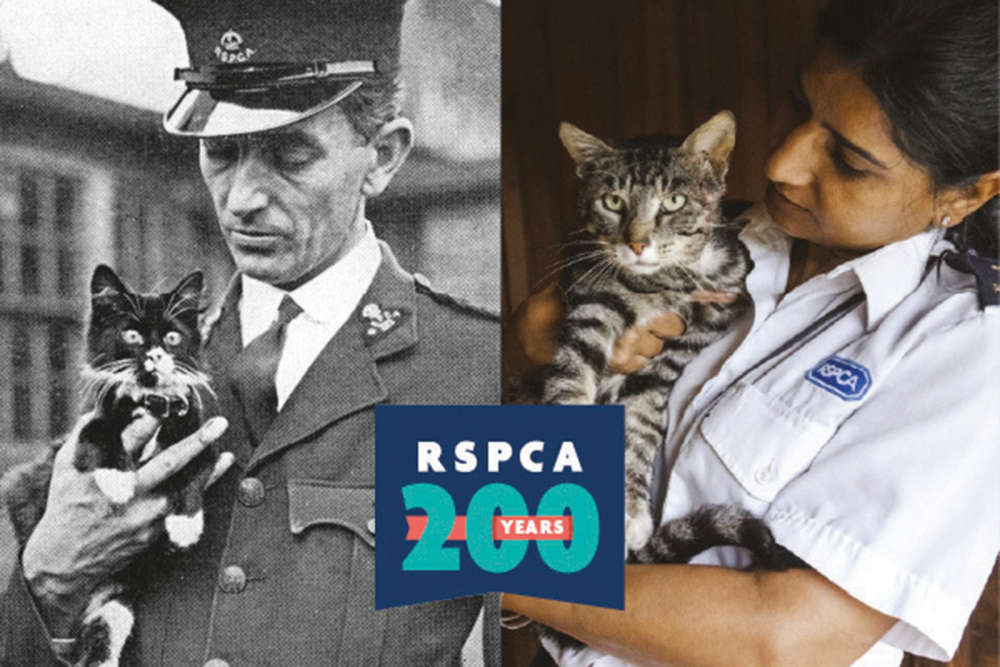 RSPCA Celebrates 200 Years
RSPCA Celebrates 200 Years
 Be Well, Move Happy: Learning a New Skill and Water Sports
Be Well, Move Happy: Learning a New Skill and Water Sports
 10 Ideas for a Screen-Free Summer
10 Ideas for a Screen-Free Summer
 Home Style: Bold Type
Home Style: Bold Type
 What to Watch in July 2024
What to Watch in July 2024
 The Exciting Appeal of the Beach Holiday
The Exciting Appeal of the Beach Holiday
 "I quite like to end up with a setlist that involves a catalogue of human misery..." Nish Kumar on his return to stand-up comedy
"I quite like to end up with a setlist that involves a catalogue of human misery..." Nish Kumar on his return to stand-up comedy
 Money Matters: The Revenue Generation
Money Matters: The Revenue Generation
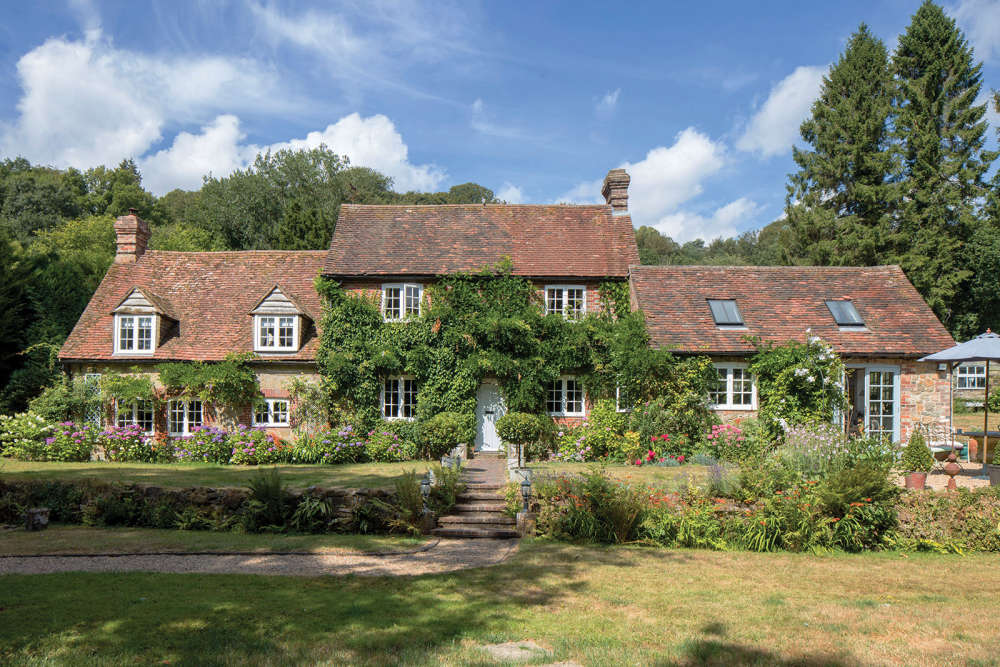 Home Style: A Better Way of Life
Home Style: A Better Way of Life
 Weddings: The Food of Love
Weddings: The Food of Love
 Vino, Vidi, Vici: The Vineyards, Breweries & Distilleries of Sussex
Vino, Vidi, Vici: The Vineyards, Breweries & Distilleries of Sussex
 Homes Extra: Digging a Design
Homes Extra: Digging a Design
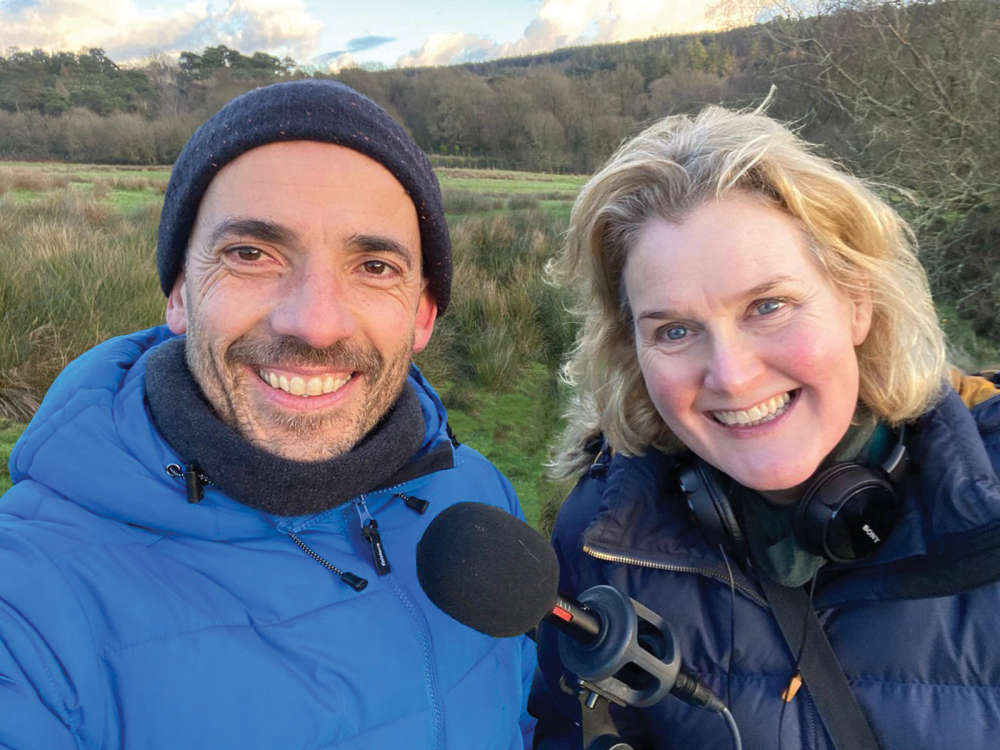 Listening to Nature: Meet the people behind the Ashdown Forest podcast
Listening to Nature: Meet the people behind the Ashdown Forest podcast
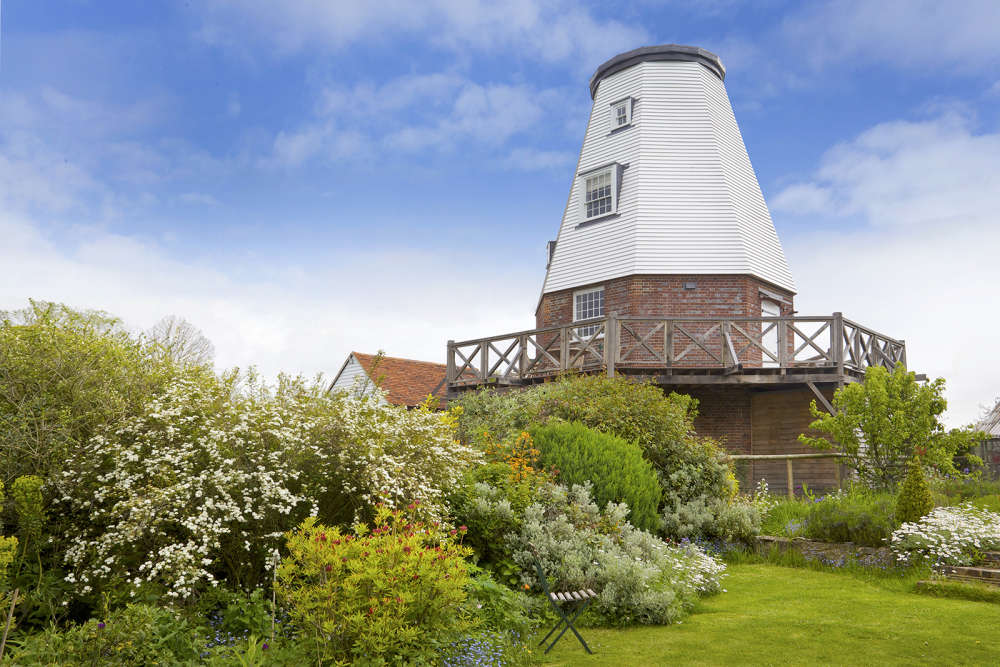 Home Style: Tales from the Mill
Home Style: Tales from the Mill
 SPECIAL OFFER: General Admission Tickets To The Al Shira’aa Hickstead Derby Meeting
SPECIAL OFFER: General Admission Tickets To The Al Shira’aa Hickstead Derby Meeting
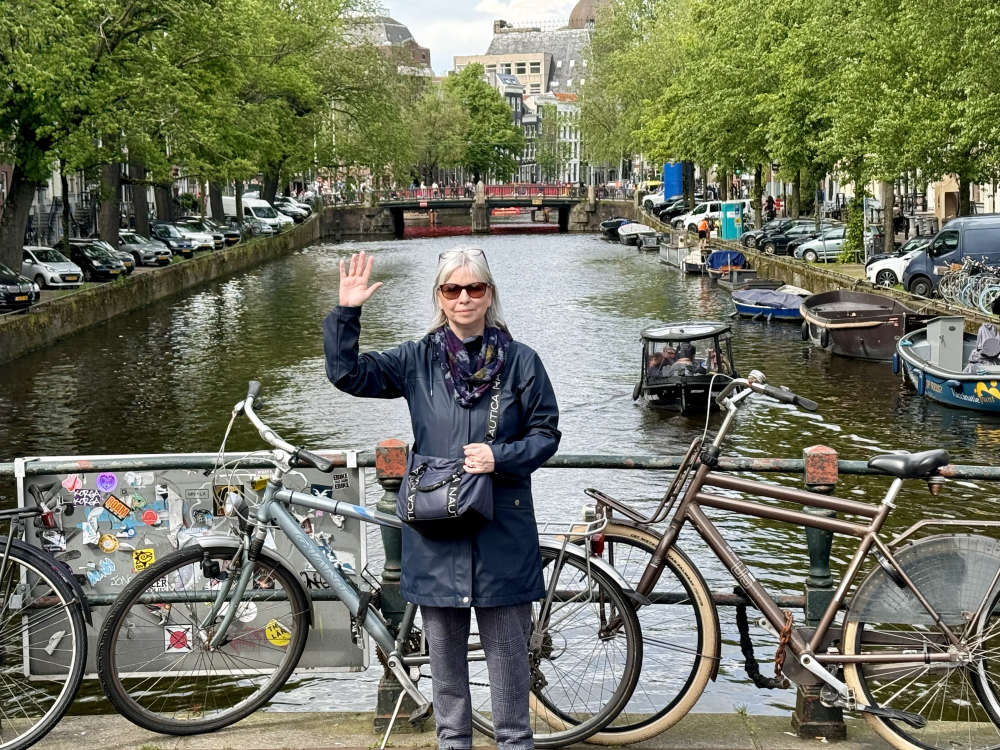 A Gourmet Escape on the Eurostar: London to Amsterdam with Culinary Delights in Almere
A Gourmet Escape on the Eurostar: London to Amsterdam with Culinary Delights in Almere